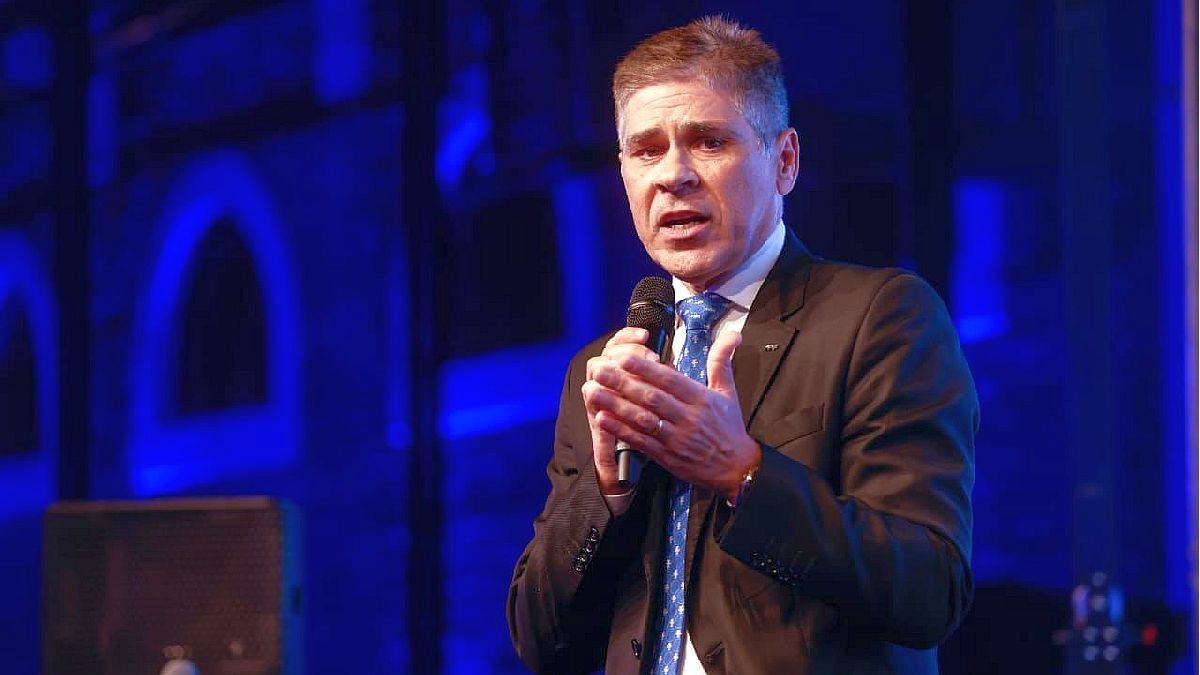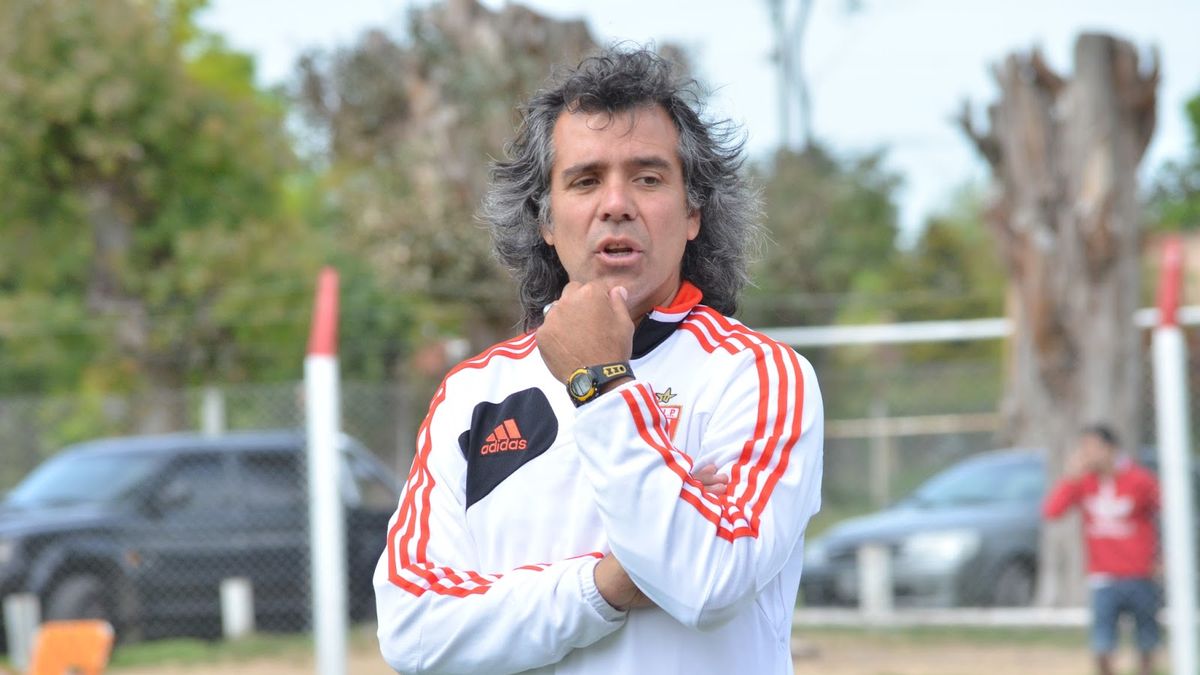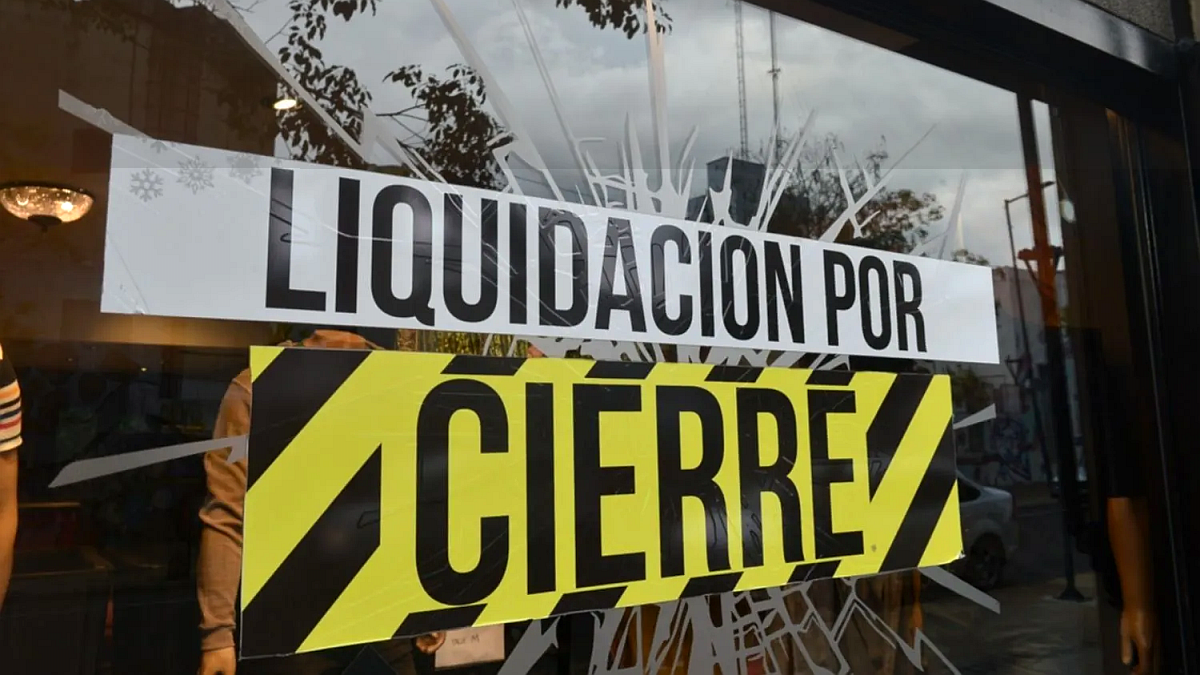By 2022, YPF plans to invest $3.7 billionwhich represents an increase of more than 40% compared to 2021. The investment plan will once again focus on upstream, with an expected amount of $2.8 billionof which $1.6 billion will be earmarked specifically for the development of unconventional activity, and some $1.2 billion to conventional. According to the latest data, last February YPF reached 571,000 barrels per day, a historical record. In addition, the company reduced its debt in dollars in $1.3 billion with debt renegotiation.
González assured that these figures were achieved and more investments are projected to apply the “tools” that the State has given, such as postponing the Tax on Liquid Fuels (ICL) and allocating those funds to production, which was the commitment assumed with the Economy Minister, Martin Guzman, and the president, Alberto Fernandezand for accessing credits from the Sustainability Guarantee Fund. “That managed to improve YPF’s numbers last year, have lowered the debt and improved production, and allowed us this year a 40% increase in the budget, which will be the highest in the last five years. Since 2016, YPF did not have a budget measured in dollars like this year. These are numbers that encourage us to continue working”, considered the president of YPF during the inauguration of Argentina Oil & Gas, organized by the IAPG in La Rural.
AOG 2022 Arcioni Bulgheroni Martínez Mindlin González Carreras Gutiérrez.jpg
At the inauguration of the AOG 2022 in La Rural were Mariano Arcioni (Chubut), Marcos Bulgheroni (PAE), Darío Martínez (Secretary of Energy), Marcelo Mindlin (Pampa Energía), Pablo González (YPF), Arabela Carreras (Río Negro) and Omar Gutierrez (Neuquen).
According to González in dialogue with AmbitYPF’s plans for this year will have a lot to do with the transportation system, the mindstream. “There are two bottlenecks, one is gas, and that is why the construction of the President Néstor Kirchner Gas Pipeline, which will be carried out with money from the Extraordinary Contribution to great fortunes. This will allow the gas transport system to be improved. Today Argentina produces more gas than it can transport”, Held.
At the same time, González regretted that this initiative had not been planned beforehand, during the government of Mauricio Macri, and criticized the lack of vision in energy matters. “It is a pity, because if this decision had been made in 2017 or 2018, today we would not have this problem. At that time we already realized that a gas pipeline had to be built, I don’t know how the best economic team of the last 50 years didn’t think about it. If that had been the case, we wouldn’t have this problem today.”he emphasized, adding that “it is never too late”.
As this media learned, the gas pipeline will be operational in the first half of 2023. The head of YPF remarked that some $500 million of the proceeds from the Extraordinary Contribution will be allocated and clarified that although Law No. 27,605 established that it was for YPF’s gas projects will be shared with other companies that operate in Vaca Muerta. “Transportation is going to improve a lot, and the same is going to happen with oil and Oldelval, which is an investment that we are going to make already of US$50 million, because today more crude is also produced than can be transported”ad.
The company plans to invest US$700 million of the total in the downstream, mainly in the works to readjust the refineries to the new fuel specifications by lowering the sulfur content and projects aimed at evacuating crude from Vaca Muerta. As a result of this ambitious investment plan, YPF estimates an 8% increase in annual hydrocarbon production compared to 2021, which will represent the highest organic growth in the last 25 years.
Given the oversupply of oil, official sources revealed to Ámbito that in the coming weeks there will be a meeting between national officials, local businessmen and the recently appointed Minister of Energy of Chile, the engineer Claudio Huepe Minoletti and his undersecretary Julius Maturana Francato analyze new exports of crude oil to the neighboring country.
“The energy outlook in the country is encouraging, we are following State policies that have been implemented, even in the previous government”, González said, who took the opportunity to defend the joint offshore exploration initiative with Equinor and Shell off Mar del Plata.
“In Santa Cruz we know very well what offshore is, we have lived with offshore for 50 years, and it is a pity that there is so much hypocrisy of political leaders who do not understand that the country needs energy to be able to develop, and adopt a Manichaean position in relation to something that can be developed, respecting the environment”he pointed.
“Today we are at 220,000 barrels of oil per day. With offshore we can double the production of hydrocarbons. There are no results yet, but it can seriously be calculated. If the results are what those in the know say, we can increase production by another 200,000 barrels”he highlighted.
González recalled that the exploration is carried out 300 kilometers from the Buenos Aires coast, when in Rio de Janeiro it is 150. “I know offshore, I live in front of the platforms, my family lives, I grew up there. It is very difficult to think about the development of our country if we do not have a serious discussion about the energy potential, respecting environmental standards”he underlined.
Pablo González and Darío Martínez YPF.jpg

The president of YPF, Pablo González, and the secretary of Energy, Darío Martínez, at the YPF stand at AOG 2022.
On the other hand, González returned to refloat the bill for the Promotion of Hydrocarbons to lower taxes on fuels and allocate those funds to greater investment. “In 2017 with the Fiscal Consensus, a system was established that ICL followed inflation, the national government froze it last year. There our commitment was to allocate it to production, and that is why it also improved. The project seeks to return to the previous system, which does not follow inflation, but rather changes as the market modifies the price policy. Last year it would have increased 50.6% and it increased zero “analyzed.
From YPF they announced that in the next few days there will also be meetings with the governors of Ofephi to review the agreements that set differentiated prices by which the royalties for the producing provinces are calculated. Today, due to a ruling by the Supreme Court, royalties are settled at the value of the Creole barrel (local market), about US$55, while in the international market Brent, a benchmark for Argentina, is trading around u$s115although it has shot higher. Private estimates indicated to this medium that with a barrel at these levels, a liter of Super naphtha in the city of Buenos Aires should increase from $109.90 to $180, 63% more. However, for now González did not confirm new adjustments in the pumps, after the two average increases of 9% in February and March.
“With the volatility that the market has today, and what is happening in the world, it is very difficult to have a price, it depends on many components. We do not sit down every morning to set the price of fuel, it depends on a multiplicity of factors that we cannot handle. Last year we were able to sustain the business with the increases we had, and this year we have already had two, and in the future no one can predict what may happen. There may or may not be more increases. concluded.
Source: Ambito
David William is a talented author who has made a name for himself in the world of writing. He is a professional author who writes on a wide range of topics, from general interest to opinion news. David is currently working as a writer at 24 hours worlds where he brings his unique perspective and in-depth research to his articles, making them both informative and engaging.




